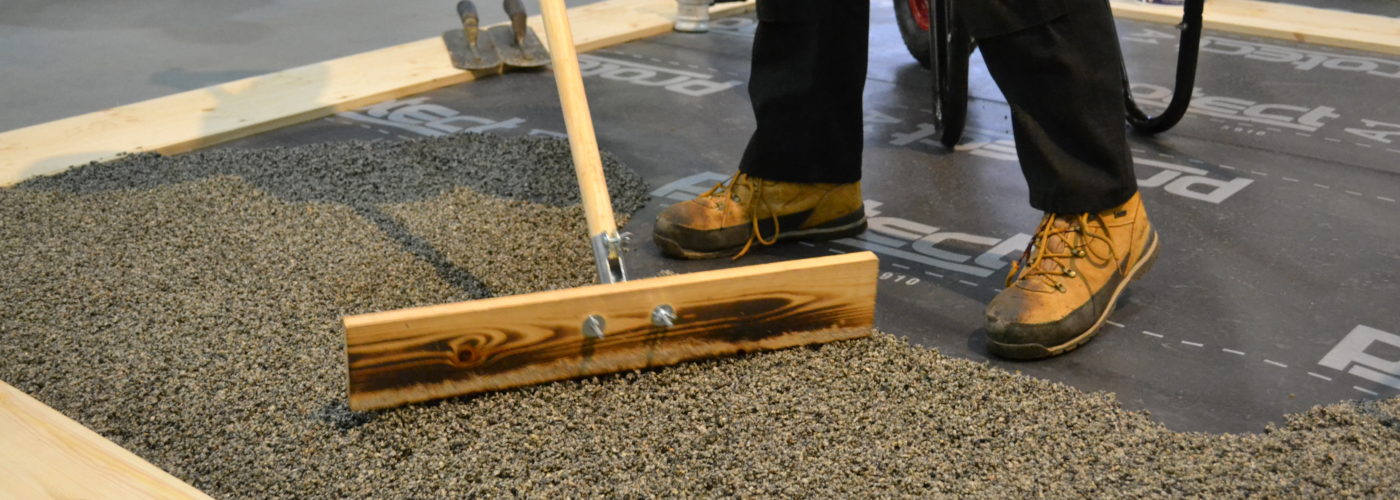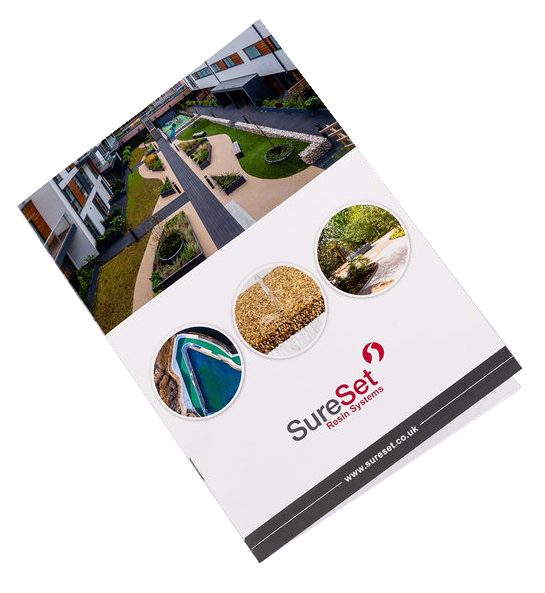
How long after laying a resin surface can you drive on it?
How Long After Laying A Resin Surface Can You Drive On It?
Visually appealing and incredibly durable, resin bound paving driveways have become increasingly popular in residential and commercial settings over the last few years. If you’re thinking of choosing this sustainable, low-maintenance option for your home or business, you might be wondering how long before you can drive on a resin driveway.
The question’s a sensible one. After all, you wouldn’t want your driveway to be out of action for long.
Take a closer look at the curing times for SureSet resin driveways and those paved with other materials, and at a few other factors that might influence your choice.
Driveway Paving Curing Times
Not all driveway paving materials are created equal. So, it shouldn’t surprise you that each paving option requires a different amount of time to dry and cure properly.
Let’s explore some of the more popular commercial and residential paving options so you can compare their curing times.
Permeable Resin Bound Paving
Apart from being SuDS compliant (permeable and thus helping fight urban flooding) and versatile, SureSet resin bound paving requires 24-36 hours to cure after it’s been installed. This means lighter vehicles can use the driveway and park on it anytime between 24 and 36 hours after the installation has been completed.
This begs the question, “Can a van drive on a resin driveway after 36 hours?” The answer is that it’s important to note that vehicles should, where possible, wait to use the driveway after 24 hours, just to be on the safe side. If the van is on the lighter side, it can drive on the driveway after 12 hours. If the vehicle is heavier, it should wait at least 24 hours. And for pedestrian areas, we recommend waiting between 6 to 8 hours before use. But overall, the longer the surface is left to set before use, the more beneficial it will be to the overall curing of the driveway.
One of the reasons for the differences in curing time and vehicle use is depth of the resin used for commercial driveways versus the depth used for residential driveways. The typical depth for a residential driveway is 18mm, while commercial driveways and others that will see heavy traffic or heavier vehicles should be 20mm deep or more. This is based on using a 6mm sized aggregate.
One of the biggest advantages of this short drying and curing time for homeowners and tenants is that you won’t have to wait too long to park in your attractive new driveway. This is especially helpful if you need to park your car in a driveway for insurance purposes.
Businesses can enjoy a similar advantage when they choose SureSet resin bound paving for their driveways, access roads, and ramps. Accessibility and convenience are important to clients and customers, especially if they have limited mobility. This means there’s a chance that businesses will lose customers if their driveways cannot be used for a while.
Driveways that are out of action for a longer period could also make it difficult for staff to park safely and conveniently. Choosing resin paving significantly cuts down the amount of time that the driveway, access road, or ramp cannot be used, making life easier for business owners, staff, and clients.
Concrete
Another popular driveway paving material in Britain, concrete requires considerably more initial care and curing than a resin surface. For starters, you need to ensure that nothing, including people, vehicles, and animals, comes into contact with the surface of the concrete for two days after it has been installed. Even leaves can spoil the finish of the driveway if they land on the surface on the first day.
You can park lighter vehicles on the driveway at the end of the first week after installation. However, you’ll need to wait approximately 30 days after installation before parking slightly heavier vehicles on the driveway.
While concrete does have some advantages as a driveway paving solution, compared to the alternatives like resin driveways, the longer drying and curing time that comes with a concrete driveway can be a major inconvenience in residential and commercial settings.
Asphalt
A third popular driveway paving material in Britain, asphalt has a longer drying, curing, and after-care time than resin and concrete. It’s generally recommended that a new asphalt driveway shouldn’t be used at all for as long as five days after installation.
While lighter vehicles can drive on the driveway after five days, no vehicles should park on it for up to 14 days after installation. If you really want to be safe, it’s best to avoid using a new asphalt driveway for two weeks after installation.
After the initial two weeks, you should let the asphalt cure for 100 days, which means using the driveway carefully, such as by not parking on hot areas, as this paving material doesn’t have good heat resistance. A hot day could lead to the asphalt softening, so parked vehicles could damage the surface. During the curing time, it’s important that heavy vehicles don’t use the driveway, and that you don’t use anything sharp on the surface. As with concrete, this could cause a major inconvenience, especially for businesses that choose to pave their driveways with asphalt.
This is also one of the reasons that many businesses choose to lay asphalt paving during off-periods, such as when businesses are closed for Christmas, to avoid causing significant disruption to customers and employees. Similarly, schools often install asphalt paving during school holidays, particularly for playgrounds and car parks, to avoid any significant wear before it has properly cured. Resin paving alternatives, however, can be used by schools and businesses all year round with much less hassle.
Other Reasons To Choose Resin Paving
The answers to the question “How long before you can drive on a resin driveway after installation?” shouldn’t be the only reason to choose SureSet for your commercial or residential driveway. There are several other factors that make permeable resin bound paving an excellent choice.
One of those factors is that, thanks to our product’s permeability, you won’t have any issues with puddles or urban flooding, as rainwater and melting ice or snow can seep through the tiny pores and into the ground or drainage system below the surface. You also shouldn’t have any issues with cracks, providing the base is sufficient or precautions have been put in place where necessary, as is the case with asphalt, a surface that starts to soften or melt in high temperatures.
Another factor that makes SureSet resin paving a good choice for driveway improvements is the versatility it offers in terms of design. Resin paving is highly customisable. You can incorporate a coat of arms, logo, slogan, or creative design in your driveway surface, and you can choose aggregate colours that harmonise with your home.
With so much to offer homeowners and business owners, SureSet is a sure choice for driveway paving. Contact us for a quote or for more information about installing a resin bound paving driveway.
Enquire








